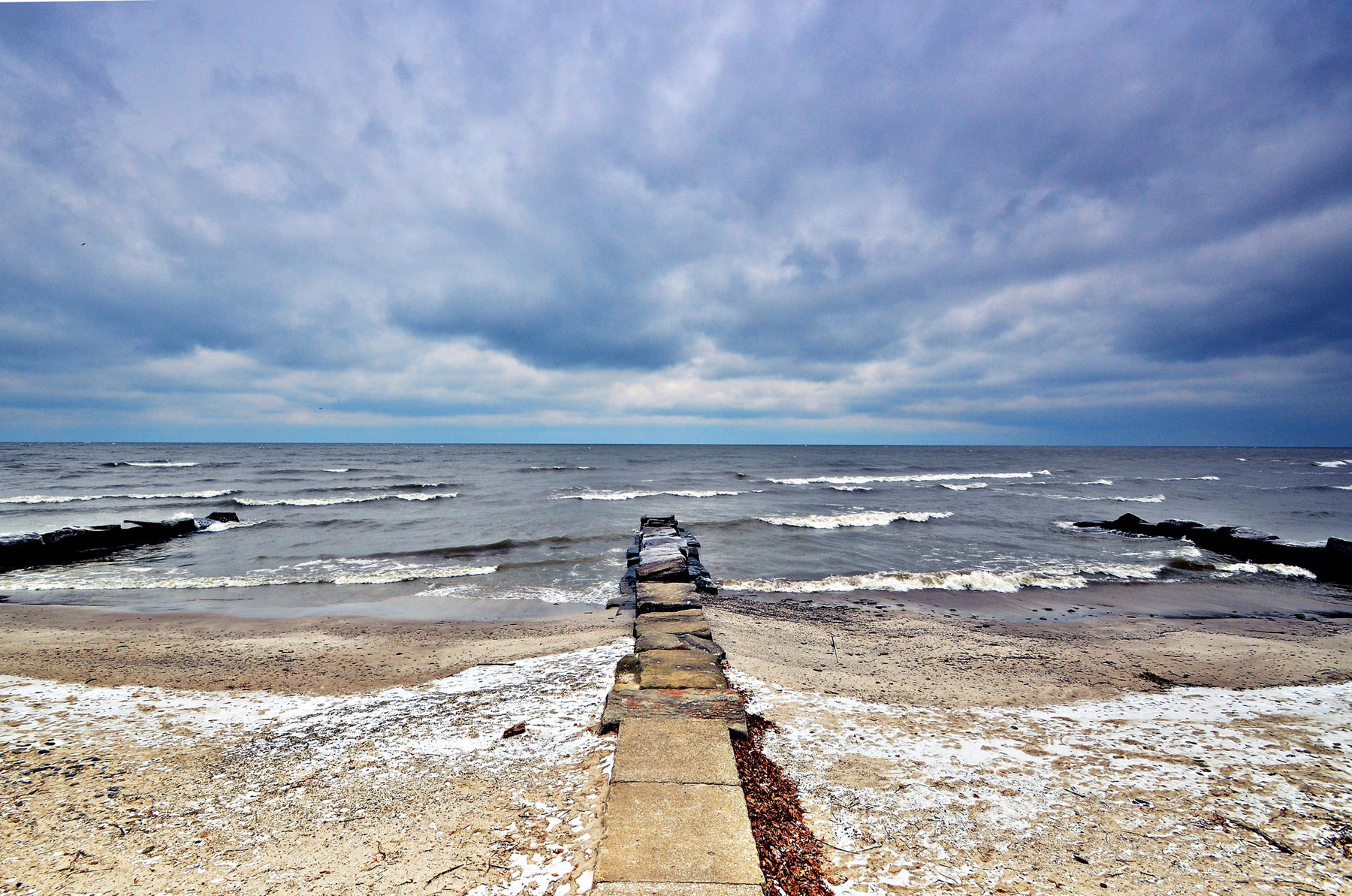In the late 1960s, Lake Erie was a poster child for pollution. But after environmental reforms, it went from what some considered a dead lake to a new life as the Walleye Capital of the World.
But proposed EPA budget cuts could reduce funding for Great Lakes restoration projects by as much as 97 percent. That would mean $290 million less coming to the region. Ohio State University biologist Jeff Reutter says that would be devastating. He’s particularly worried about recent algae blooms on the lake.
“Lake Erie won’t manage itself,” Reutter says. “Without a strong EPA, Lake Erie is likely to continue to deteriorate and go back to the conditions that we had in the 1970s.”
LISTEN: Trump Puts Great Lakes Funding on the Chopping Block
The Great Lakes congressional delegation is doing what it can to fight the proposed cuts. Some lawmakers have written to President Trump about efforts to stop invasive Asian carp from entering the Lakes, which lawmakers say must be continued to preserve the region’s multi-billion-dollar recreation industry. And Molly Flanagan, who works with the nonprofit Alliance for the Great Lakes, says even a day at the beach could become dangerous.
“The funding of beach monitoring is really critical to protecting public health, because the monitoring and the notification programs are what let you and your family know whether it’s safe to swim,” Flanagan says.
Nonetheless, Flanagan remains optimistic. She says efforts to restore the Great Lakes enjoy immense bipartisan support, and she hopes lawmakers will be able to fight the cuts.
###
Michigan Radio contributed to this story.



